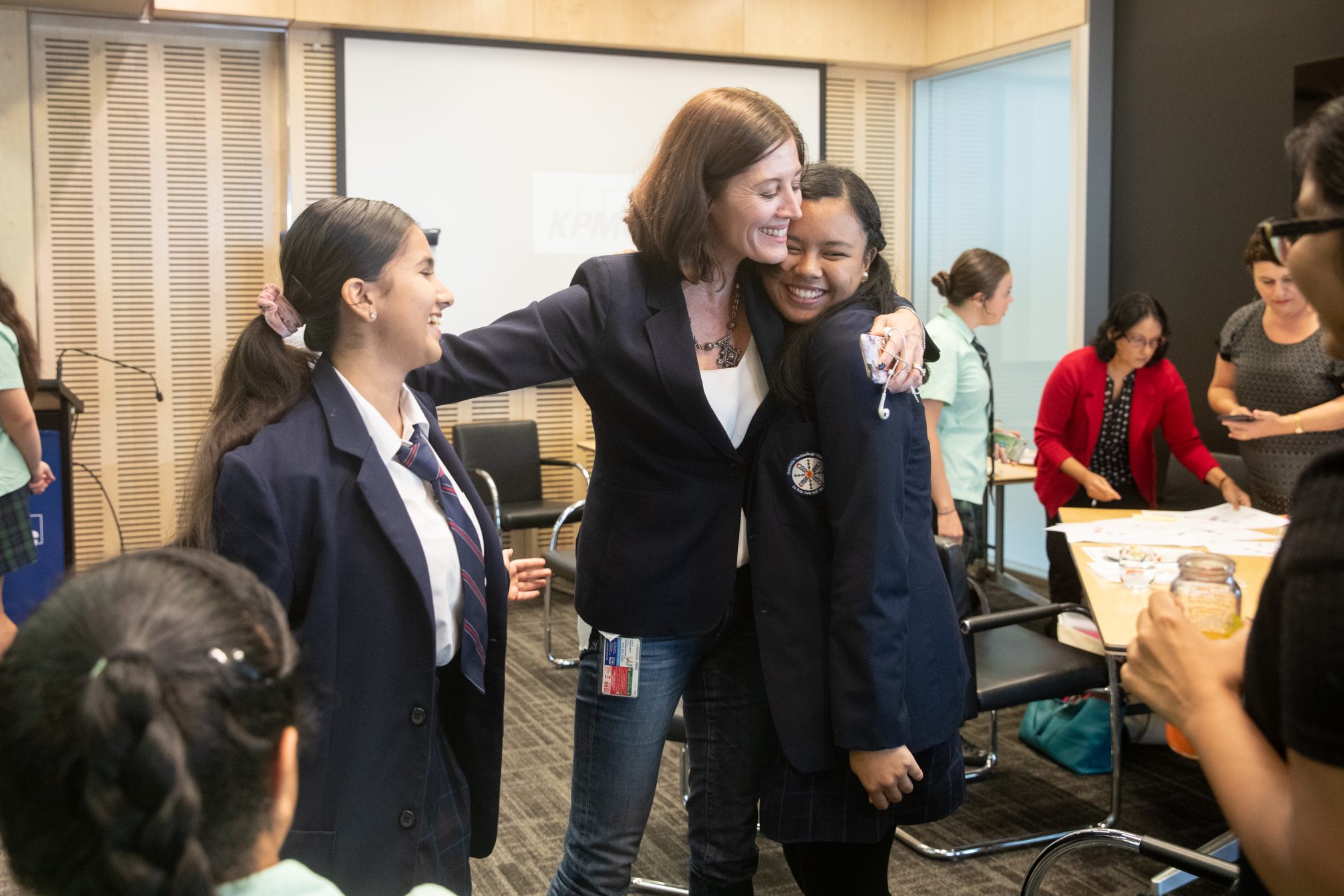How to support mental health in yourself and others
Wellbeing is as much about the brain as it is the body. We are all conscious that COVID-19 has impacted mental health, so here are some helpful tips from our network and beyond.

At a recent webinar held by ABCN, our CEO Allegra Spender was joined by Glenn Baird, Head of Mental Health at TAL, Petrina Felix-Tolhurst, Executive Manager of Business Enablement at IAG, and Beth Godwin, Principal of Cabramatta High School, for a frank discussion about mental health, managing stress, and looking out for the wellbeing of others.
Given the particularly rocky past few months for Australians, hit hard by the nation’s bushfire crisis over summer and now the ongoing COVID-19 pandemic, it is unsurprising that our collective mental health has taken a turn for the worse.
Here are some tips and links from Australia’s leading mental health organisations.
Spotting the signs of poor mental health
Some of the symptoms of poor mental health include avoiding social activities, reduced productivity, loss of concentration and mood swings. Behavioural changes can be one of the biggest indicators that someone we know is suffering with poor mental health. However, not everyone will experience the same symptoms. Beyond Blue has some excellent resources on the symptoms of anxiety and depression.
What you can do to help
If you suspect that someone is struggling with their mental health, the best thing you can do is to simply start an open conversation with them. R U OK? suggests four simple steps: ask if they’re ok; listen with an open mind; encourage them to take action; check in with them later.
For mentors: if you encounter questions from a student about mental health that you’re unsure how to answer, it’s ok to say you don’t know. If you have concerns about the mental health of your mentee, please talk to your ABCN Program Manager as soon as possible. We will share those concerns with the school, which will have professionals and resources to support the student. It is important to remember you are not meant to have all the answers – good management of tricky situations is often handled by a team of people, including professionals when needed.
For teachers: ReachOut has some great classroom resources (thanks, Stockland, for suggesting we connect with them). They include tips for teacher wellbeing and supporting students. R U OK? also has a wealth of educator resources here.
For young people: check out headspace, Australia’s National Youth Mental Health Foundation. They have lots of great information about mental health for young people aged between 12-25. Smiling Mind has some great mindfulness podcasts targeted at different ages from pre-school up. A few of us here at ABCN use them when we wake up in the middle of the night with something on our minds – our CEO has even been known to use Smiling Mind to help calm down her children.
For workplaces: R U OK? has a dedicated resource site for talking about mental health in the workplace. The school leaders who attended our webinar reported some great things they are doing to support each other – from running a teacher aerobics class in 80s workout gear, to consciously sharing stories. Managing workplace mental health begins with strong team support.
Our webinar speakers agreed that anonymous workplace wellbeing evaluations, mood meters for instance, are a great way to proactively support the mental wellbeing of your colleagues. These can give you a sense of how your team is feeling, and whether your organisation needs to increase support.
We also love this simple five-page pack of resources for managing mental health and wellbeing in the workplace.
Looking after your own wellbeing
We must first look after ourselves before we can look after others. Check out Beyond Blue’s handy tips for daily self-care, as well as improving your mental health at work.
Our webinar speakers praised the benefits of diarising mental breaks during your workday – why not schedule an extra 10 minutes between meetings to allow yourself to recharge?
And, of course, giving and connecting with others also boosts mental health – which is why it’s such a good idea to participate in ABCN programs!
If you or someone you know needs support, help can be found at Lifeline on 13 11 14 or Beyond Blue on 1300 224 636.
Related content: watch ABCN mentors tell their stories of building resilience when times are tough, and examples of when they learned from their failures.
sign up to our free newsletter
Please enter your details below.